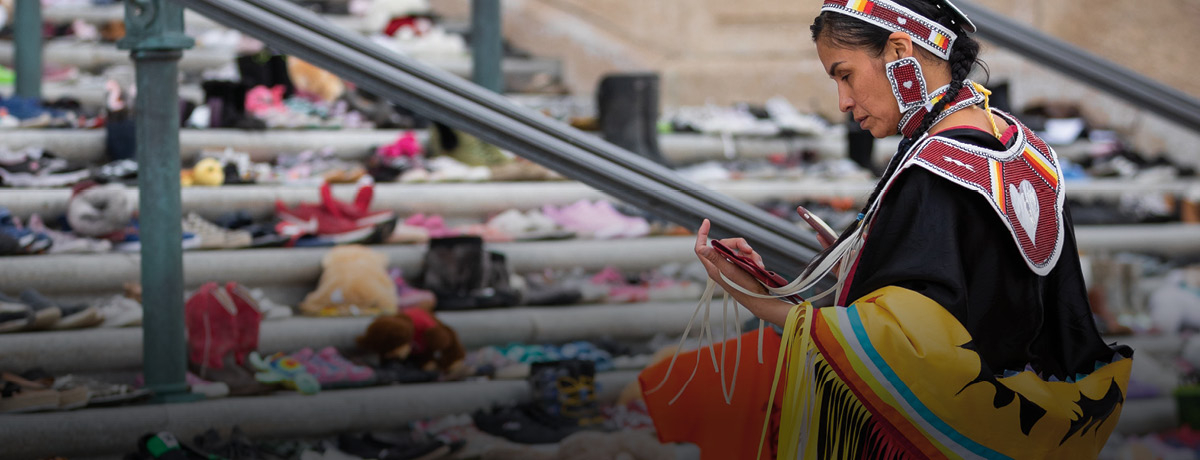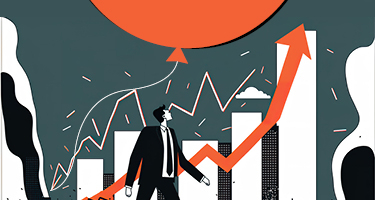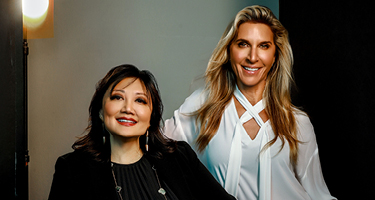“If it was a shock, then they haven't been awake.”
Over 1,000 Unmarked Graves Uncovered in 2021
On May 28, 2021, it was announced that 215 unmarked burials of Indigenous children had been uncovered near the site of a former residential school in Kamloops, British Columbia. The news made national and international headlines and many people took to social media to express their shock, outrage, sorrow and solidarity.
When over 1,000 additional unmarked graves were discovered over the next two months, the public and governmental response grew and reached a symbolic crescendo. The Canadian government passed legislation declaring September 30 the National Day for Truth and Reconciliation and a statutory holiday, flags were lowered to half-mast and people gathered around the country, wearing orange shirts as a symbol of solidarity for truth and reconciliation.
What Canada Already Knew About Residential Schools
However, to many, these discoveries did not quite come as a shock.
As noted in the above quote by Allan Donovan, a lawyer at First Peoples Law in Vancouver with three decades of experience practising Aboriginal law and representing First Nations, the existence of these graves was no secret to those working in the field.
Referring to the 2015 Truth and Reconciliation Commission report, which identified the existence of thousands of confirmed deaths of both named and unnamed residential school children, Donovan said, “So everyone knew about this, and anyone who wanted to know who had access to the internet, or talked to Indigenous people, they would know.”
In fact, the first discovery of a residential school gravesite in Canada dates as far back as the 1970s, and the current count of uncovered graves stands at approximately 1,874, with many more speculated to exist.
The Cultural Genocide of the Residential School System
The residential school system was composed of a network of so-called boarding schools run by the Canadian government and administered mainly by Catholic, Anglican and United churches between 1879 and 1997. The system was intended to remove and isolate Indigenous children from their culture, language, families and communities under the guise of assimilating them into “Canadian culture”.
In reality, the children were subjected to abominable living conditions and systemic abuse, including sexual, physical and psychological abuse. Over the course of the system’s existence, approximately 150,000 children were placed in residential schools nationally and it is estimated that the number of school-related deaths range from 3,200 to upwards of 6,000, although the exact number remains unknown due to an incomplete historical record.
The Truth and Reconciliation Commission called the residential school system “cultural genocide”.
Breaking the Silence on Residential School Abuse
For Nadir André*, a partner at Borden Ladner Gervais LLP in Montreal with over 23 years’ experience specializing in Indigenous law, and a member of the Matimekush-Lac John First Nation, knowledge of the residential school system and its crimes was born out of a more personal connection. His father was a survivor of the residential school system and sexual abuse.
However, André shared that his father never spoke of his experience and André only learned of his abuse shortly after becoming a lawyer, when he accompanied his father to court one day. Believing himself to be joining his father to only watch the trial of a residential school system abuser, André was shocked when his father was called to the stand to testify – it was his father’s abuser.
“I have to admire the resilience, because it must have been a horrible experience as a child, horrible,” André reflected. “Because he, I guess, he had a really bad time there in a residential school, but never did he mention it. And the fact that he managed to get a university diploma, and become a teacher, and have a good life, travel all over the world, and be able to feed his family and everything … I have to admire what he's done, and how he managed to live with the secret.”
Breaking this silence and giving survivors a voice and an opportunity to share their experiences was one of the purposes of the Truth and Reconciliation Commission. The Commission heard survivors’ stories from across the country between 2008 and 2015. The resulting report contained 94 calls to action regarding reconciliation between Canadians and Indigenous peoples.
The CBC website Beyond 94 currently reports that of the 94 calls to action, only 13 have been completed.
Legal Paths Moving Forward
Over the years, thousands of individual legal claims have been filed and at least one notable settlement with the Canadian government has been reached. In 2007, the Indian Residential Schools Settlement Agreement was approved between the Federal government and Indigenous peoples who attended the schools. The agreement helped establish the Truth and Reconciliation Commission. It has also paid out over $4 billion to survivors so far.
As to whether the discovery of the most recent gravesites will lead to additional compensation or civil claims, neither André nor Donovan would speculate on specifics, other than to say that it was possible.
However, André also raised the issue of future criminal investigations, stating, “Some are asking for the International Criminal Court to investigate because it could fit under war crimes and genocide. In the Truth and Reconciliation Commission, they talked about cultural genocide. And then in the commission that followed on the death and disappearance of Aboriginal women, we're talking about genocide. So for some organizations and some lawyers, well, if it's a genocide, regardless if it's cultural or not, there should be an independent international investigation. And I know for a fact that there have been requests made to investigate.”
The Road to Reconciliation
As to reconciliation moving forward, Donovan submitted that the Canadian government begin addressing issues of restitution by identifying and dealing with the broad range of problems caused by residential schools and stop acting as an adversary to First Nations. Observing that the echoes of the violence and abuse from the residential school system continue to reverberate through Indigenous communities, Donovan stated that the resulting intergenerational trauma has not been adequately addressed. Finally, referencing Canada’s recent adoption of the United Nations Declaration on the Rights of Indigenous People (UNDRIP) in 2021, Donovan remarked, “You don’t need an international declaration to permit Canada to do the right thing.”
To André, reconciliation would first involve acknowledging Aboriginal and Indigenous people as sovereign people and addressing matters of self-determination and self-governance. It would require a new land regime that would allow communities to have a say in land ownership and management. In addition, laws would have to be changed to clarify jurisdictional and governance matters. André concluded by stating, “Apologies are symbolically important, but what needs to change is the empowerment of the peoples to take their lives back and to take control of the land they live on.”
Both André and Donovan acknowledge that reconciliation will take time, regardless of the path, with Donovan noting, “It's just painfully slow.”
Sara Collin is a Quebec-based lawyer, specializing in legal writing, editing, research and translation throughout Canada.
Allan Donovan has been listed in The Best Lawyers in Canada™ since 2006 in Indigenous and First Nations Practice.
Nadir André has been listed in The Best Lawyers in Canada™ since 2009 Indigenous and First Nations Practice.
*Disclaimer: Quotes and commentary from Nadir André are expressly his own and do not reflect those of BLG.




























